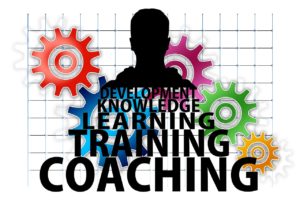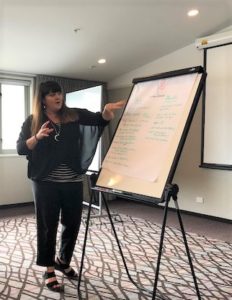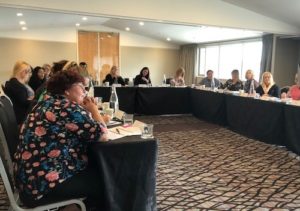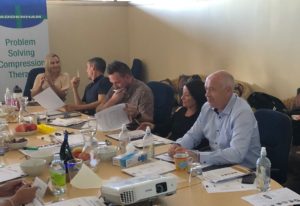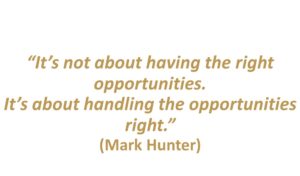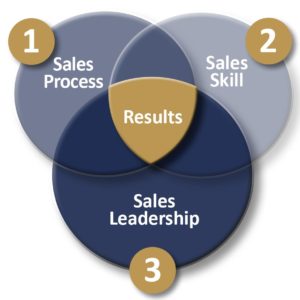Present Like a Pro – Top 10 Tips
Most presenters are just plain average and quite a few are simply dreadful. So, how can you move from being a run-of-the-mill presenter to being fantastic? Every one of us has the ability to be truly great as a presenter.
Your audiences are not just interested in what you are saying, but the way you are saying it. If you say it well, it makes the content so much more interesting. If you concentrate your planning and preparation only on content, you are only likely to be average.
Here are our top 10 tips for becoming great presenters:
- Make a personal connection to every member of the audience. This means lots of eye contact, liberal use of the words ‘I’ and ‘you’, and that everything you deliver is done from the audience’s perspective. To do this, you need to know about your audience in advance.
- ‘Show’ rather than ‘tell’. In other words, you don’t need to give them ‘messages’ and ‘content’; instead you need to give them lots of examples and they will work out the message for themselves.
- Share your experiences. Your audience wants to know about your thoughts, your feelings and your opinions. The fact that you are presenting to them means your audience wants to hear from you personally.
- Be a living person. No one wants to hear from an unanimated statue. You need to be active. There is also a big advantage to moving – it helps reduce nerves when presenting.
- Be natural. Our discussions show that great presenters are interactive. They ask questions, they involve the audience and essentially they treat the presentation as a conversation.
- Know your stuff. Your audience expects you to deliver your material without prompts. Great presenters never use notes.
- Talk from the heart. Be passionate about your subject. If you don’t believe it, they won’t either!
- Have fun. Your audience wants to enjoy your presentation and they want to have a laugh. This does not mean you need to tell jokes, but it does mean your audiences expect you to be light (in delivery, not in substance!). Even for serious topics audiences expect some kind of lightness. They want humour and they want you to smile and be relaxed.
- Motivate them. Your audience is expecting you to tell them what to do. Don’t just deliver information, they can get that from a book or a website. Instead great presenters give audiences some action to take e.g. to think, to do, to know, or to act differently.
- One final thing. Audiences are not in love with the use of computerised slides (often referred to as “death by PowerPoint”). They just want to hear from you. Truly great presenters therefore do one other vital thing – they switch off the projector!
Need more help? Register for our PRESENT LIKE A PRO workshop in August and learn how to present with influence, impact and confidence, or CONTACT US for more information.


